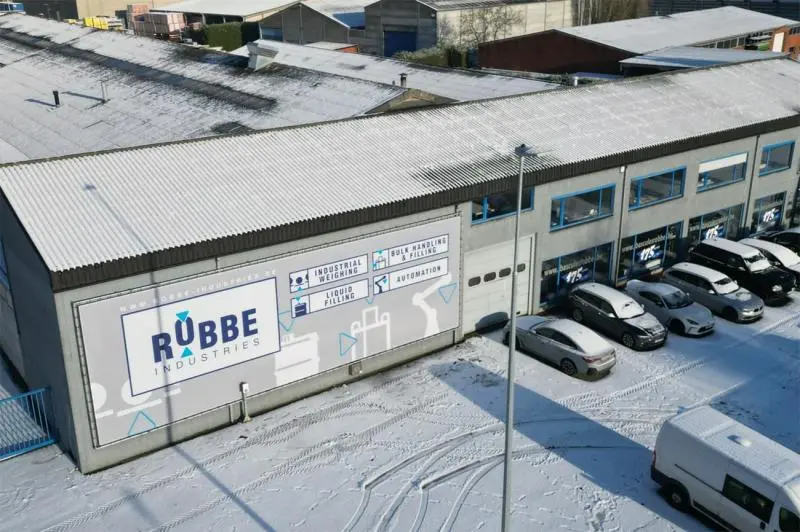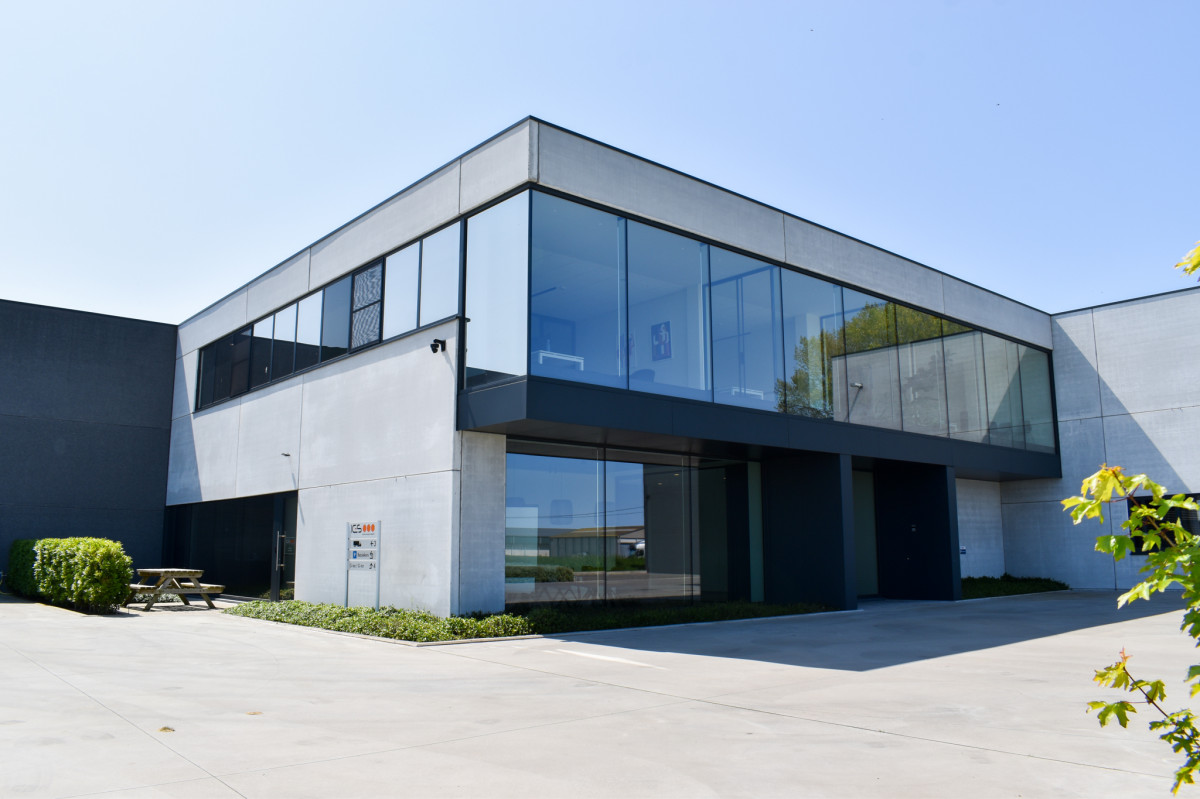Rankup Digital’s Foolproof Guide to Picking Keywords
Here’s our step-by-step plan to find the perfect keywords for your business. We’ve used this to help clients shine, and it’ll do the same for you.
1. Start with What You Know
Put yourself in your customers’ shoes. What would they type to find you? If you’re a bakery in Bruges, maybe it’s “fresh bread Bruges” or “best bakery near me.” Grab a pen and write down 5-10 ideas. Keep it simple. Don’t overthink it yet. Just list what feels natural. This is your starting point.
2. Use Free Tools to Dig Deeper
You don’t need to splash cash on tools. Google Keyword Planner is free. Sign up through Google Ads, plug in your ideas, and it’ll show you related terms, how many people search them, and how tough the competition is. For “fresh bread Bruges,” you might get “artisan bakery Bruges” with 200 searches a month or “bread delivery Flanders” with 50. Bing Webmaster Tools offers something similar. Look for keywords with 50-500 searches. That’s enough traffic without being a battlefield.
3. Spy on Your Competitors
Take a peek at who’s already winning your ideas. Search “best bakery Bruges” and check the top 5 sites. What words pop up in their titles or pages? Free tools like Ubersuggest can reveal their top keywords too. If a rival’s ranking for “homemade pastries Bruges,” borrow that idea and make it yours, only better. It’s not sneaky. It’s smart business.
4. Mix Short and Long-Tail Keywords
Short keywords like “bakery” are big and broad, with thousands of searches but fierce competition. Long-tail ones like “gluten-free bakery in Ghent” are smaller, maybe 50-200 searches, but easier to rank for and pull in people ready to buy. SEMrush says long-tail terms drive 70% of search traffic. Blend them together. Use “bakery Ghent” for reach and “organic cakes Ghent delivery” for precision.
5. Focus on Intent
Not every keyword does the same job. Some folks want info, like “what is a croissant,” while others are ready to buy, like “order croissants online.” BrightEdge data shows “buy” or “near me” terms convert 20-30% better. For your business, go for intent-driven ones: “hire plumber Berlin” beats “plumbing tips.” Match what your customers need, sales over clicks.
6. Go Local and Voice-Friendly
Local is everything in 2025. Add your city or region, like “dentist Hamburg” or “bike repair Antwerp.” Google’s 2024 local search report says 46% of searches have local intent. Voice search loves full questions too, like “where can I find a cheap haircut in Munich?” Say them out loud on your phone. Do they sound natural? We’ve got more on this in our local SEO guide.
7. Test and Tweak
Choose 5-10 keywords and weave them into your site: titles, headers, content. Google Search Console, which is free, will show you after a month which ones get clicks. If they’re flops, swap them out. Our traffic guide walks you through tracking this. It’s simpler than it looks.




